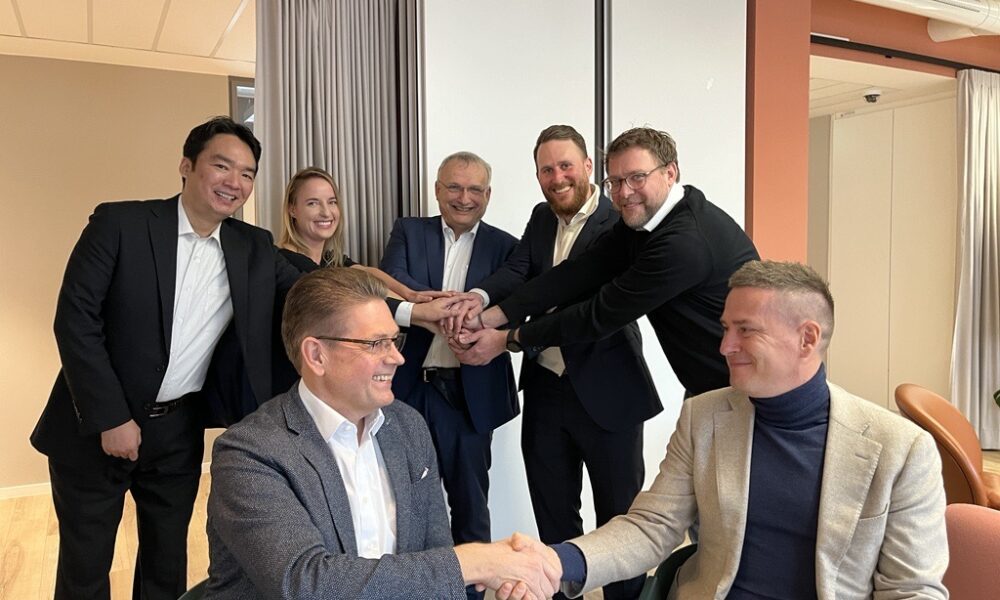Increasing occurrences of cancer are expected to catalyse the CAR T-cell therapy market in the upcoming period. Chimeric immunoreceptors are being increasingly used as T-Cells help in locating as well as killing cancer cells.
The life sciences vertical has grown on a splendid note since the last few years. Extensive research in this regard is the biggest breakthrough in the CAR T-Cell therapy market. As such, data availability pertaining to efficacy as well as compliance in the patients infected with lymphoma and leukemia could be improved upon.
Production of CAR T-Cells starts with extraction of the T-cells from the patients, post which apheresis is done. Thereafter, patients’ T-cells are transported to manufacturing facility. As of now, a few production facilities produce CAR T-cells and they are present in Europe and the US.
It is a known fact that there are different antigens for different cancers. Therefore every CAR T-cell gets prepared for exclusive cancer antigens. The good part is that this therapy is approved by the US FDA to treat cancer. It could thus be inferred that artificial antibody receptor CAR T-cell therapy is poised to be a good revenue generator for the healthcare vertical in the upcoming period. Persistence Market Research has etched these facts with insights in its latest market study entitled “CAR T-Cell Therapy Market”.
CAR T-Cell Therapy Market Categorization
The global CAR T-Cell therapy market, by product, spans Yescarta (axicabtagene ciloleucel), Kymriah (tisagenlecleucel), JCAR017 (lisocabtagene maraleucel), and bb2121. By diagnosis, it’s relapsed large B-cell lymphoma, ALL *Acute Lymphoblastic Leukemia), multiple myeloma. End-user-wise, it’s cancer treatment centres and hospitals. Persistence Market Research has analysed these facts with probable calls to action in its latest market study entitled “CAR T-Cell therapy market”.
Region-wise Distribution
North America holds the largest market share due to the US being subject to growing incidences of life sciences companies emphasizing on production and development of CAR T-cells at the commercial level. Europe stands second on this front. This could be reasoned with Germany housing growing geriatric population. The Asia-Pacific is expected to grow at the highest rate in the CAR T-cell therapy market due to the increasing expenditure on healthcare infrastructure herein. Persistence Market Research has highlighted these findings with insights in its latest market study entitled “CAR T-Cell therapy Market”.
What’s with the competitors?
Persistence Market Research has profiled the key players in CAR T-Cell Therapy market as Celgene Corporation, Gilead Sciences Inc., Novartis AG, and Bluebird Bio, Inc. It has taken a step further stating that Novartis was given a green signal by a Japanese government panel for selling Kymriah for US$ 306,000 to treat young population suffering from ALL (acute lymphoblastic leukemia) and grown-up population with DLBCL (Diffuse B-cell Lymphoma). This happened in May 2019. Two years back, i.e. in the year 2017, Gilead Science did acquire Cell Design Labs and Kite Pharma Inc. These acquisitions helped Gilead Science in expanding its portfolio of CAR T-Cell therapy.
Inference
The global CAR T-Cell therapy market is slated to grow stupendously between 2021 and 2031 – Persistence Market Research
Get Sample Copy of Report @ https://www.persistencemarketresearch.com/samples/28264



















































